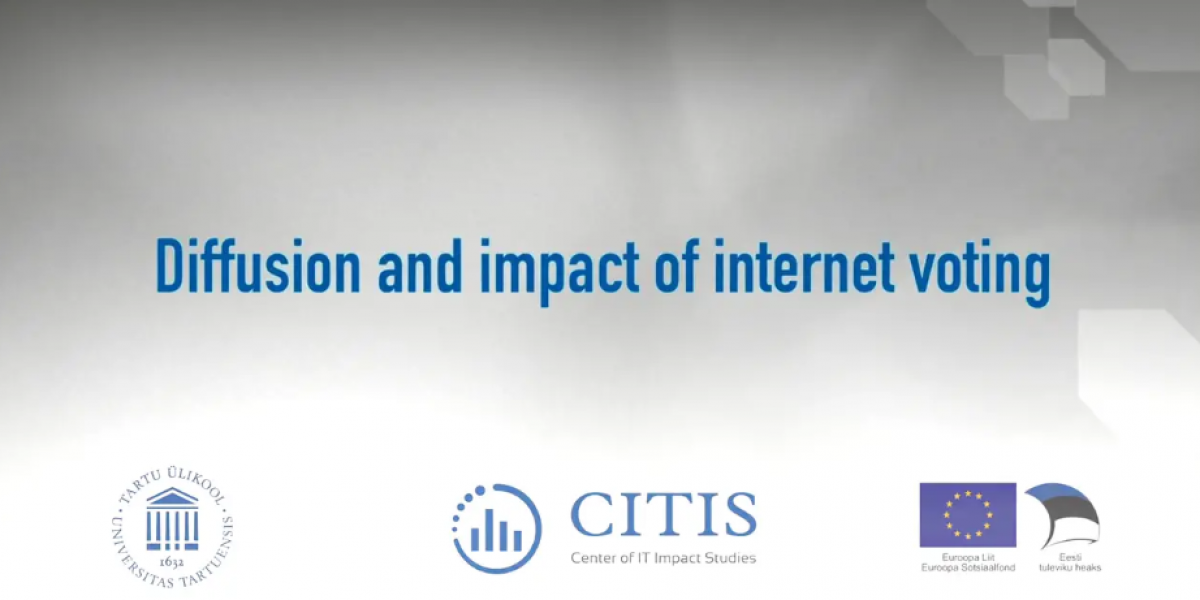
Deadline: 5 March 2019
Open to: the course is open to everyone but especially to non-ICT students and professionals, who are interested in widening their knowledge about e-government in general, and internet voting, in particular
Benefits: by enrolling to the course, you will have an access to the latest findings related to the main developments in the field of e-voting in Estonia
Description
Unique data and the lecturers´ academic and hands-on knowledge
Vibrant and international e-learners community.By joining the course, you will become a part of a diverse and international community of e-learners. You will learn what are the main prerequisites for the evolution of e-government; how does a typical e-voter look like, how fast do people vote online and how is it related to their age. The course will also examine the concerns about political bias in e-voting, how costs are related to the decision to vote and whether vote verification has increased trust towards e-voting.
During the MOOC, participants will learn about the theory and foundational pre-requisites of e-government in Estonia; diffusion and usage of electronic voting; impact on voter turnout and electronic results as well as behavioral aspects and the future of internet voting. The course is unique in employing a wealth of empirical evidence – including 10 years of survey data on e-voting, actual log data on voting sessions and aggregate election data – to demonstrate the development and usage of internet voting.
Eligibility
The course is open to everyone but especially to non-ICT students and professionals, who are interested in widening their knowledge about e-government in general, and internet voting, in particular
In the previous two openings, they to host more than 520 participants, from over 59 countries, coming from such places as the US, India, Russia, UK, Brazil, Iceland, Kenya and New Zealand.
Benefits
The course is created with the support of the European Social Fund programme “Increasing Digital Literacy” and Estonian Ministry of Economic Affairs and Communications.
How to apply?
In order to apply, please register here.
For more information, please visit the official web page.